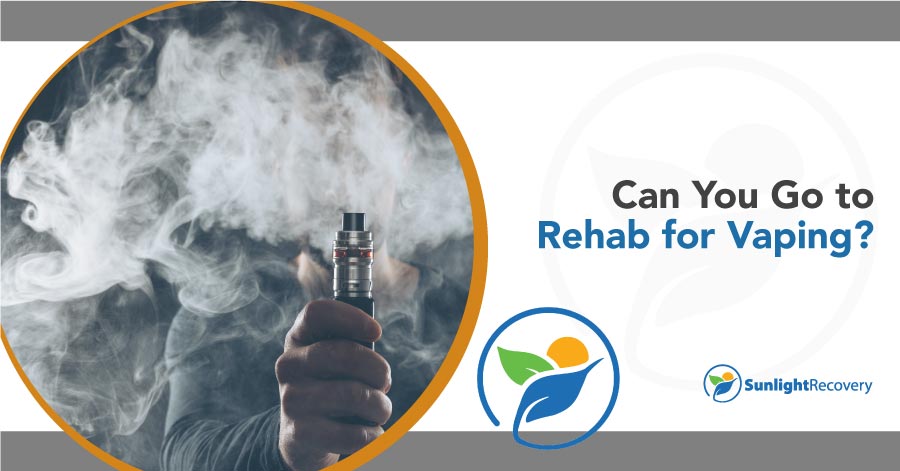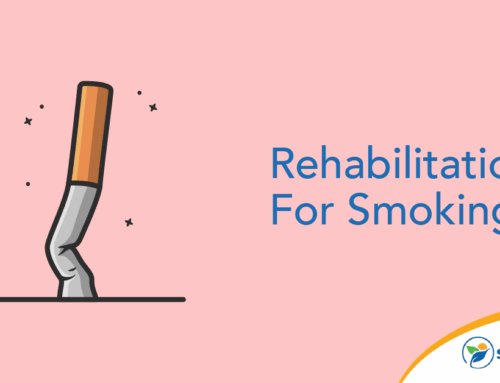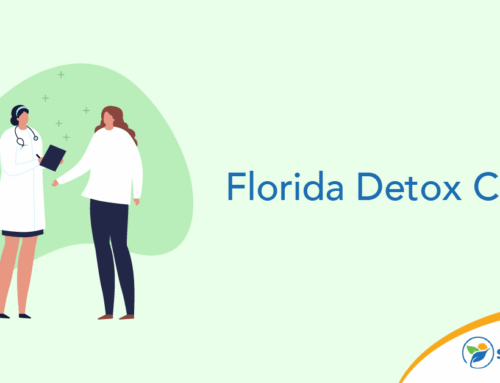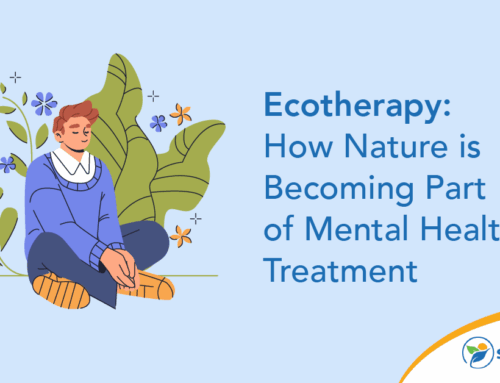With vaping still increasing in popularity, addiction is a growing problem. We discuss vaping addiction treatment and the benefits of a vape-free life.
Since the e-cigarette was invented in 2003, it’s become incredibly popular, with 8% of Americans reporting that they’ve recently used one. Initially, the e-cigarette was promoted as a safer way of consuming nicotine and a way to kick the habit by stages. Unfortunately, it’s now apparent that vaping can be just as addictive as smoking and may not be as safe as was first thought, which is where vaping addiction treatment comes in.
Although the main ingredient in most e-cigarettes is nicotine, many other compounds are included, some of which may have addictive properties or be actively harmful. Many now also contain THC, the ingredient in cannabis that gets users high. With this huge increase in the use of a product that may be harmful and that contains many of the ingredients of other addictive substances, it’s no surprise that vape addiction is on the rise. But why is it so difficult to quit vaping, and is vaping addiction treatment available?
Why It’s So Difficult to Quit Vaping
As mentioned above, most e-cigarettes contain nicotine, which is notoriously addictive. However, the picture is more complicated than that, with other factors making it difficult to quit.
First, let’s address why nicotine is so addictive. When you inhale nicotine, it’s absorbed into the bloodstream extremely rapidly and begins affecting the brain in only 10 seconds. This results in short-lived feelings of well-being and relaxation, increased alertness and calmness. Unfortunately, these sensations subside within two minutes, and half the nicotine is out of your system within two hours. This very short half-life causes you to crave the feeling again, beginning the cycle of addiction.
As with any other addiction, particularly those that are generally socially acceptable, there are other psychological effects at play. For example, if you associate vaping with having a good time with your friends, you may begin to feel social situations aren’t satisfying without an e-cigarette. If your life is stressful, you might connect vaping with times you feel more relaxed, increasing your dependency.
These psychological and social factors affect the young more. In fact, a recent survey showed that 43.6% of high school students had used an e-cigarette on at least 20 of the previous 30 days. In this age group, peer pressure is an added factor, compounding the psychological urge to continue vaping in social settings.
This “perfect storm” of physical, social and psychological factors make vaping a particularly challenging habit to quit, so it’s easy to see why someone might wish to enter rehab for vaping addiction treatment.
Can Vaping Addiction Be Treated at Rehabs?
As vaping has become a socially acceptable vice and is still seen as less dangerous than smoking or using illegal drugs, many people believe they can handle addiction on their own. They may also simply continue using, not seeing a problem at all.
Unfortunately, addiction isn’t something most people can overcome without assistance. But can you go to rehab for nicotine addiction? Well, rehab can be a part of this process, but the picture is complicated. Unfortunately, most insurance coverage won’t reimburse you if you attend rehab solely for vape addiction help, and most rehabs don’t admit for vaping alone.
However, vaping can be treated alongside mental health disorders and other substance addictions in a rehab environment. This is understandable because — as is the case with many addictions — a vaping addiction can be linked with mental health disorders. Nearly 18% of the U.S. population with any sort of mental illness report some level of drug dependence in the last year, compared to just 3.6% of those with no mental illness.
Vaping may also be linked to another addiction. For example, someone with an opioid dependence may resort to vaping to wean themselves away from the opioids. In this case, both additions can be treated in a rehab setting.
Can You Still Vape at Rehab?
If you’re attending rehab for another reason, it’s likely you’ll be allowed to smoke or vape, but you should ask about the center’s smoking policy before admission. Most centers will have dedicated smoking areas, as vaping and smoking are common coping tools for those in detox. While not the healthiest option, smoking or vaping is viewed as a lesser problem than other stronger and perhaps illegal substances. However, it’s likely you’ll be encouraged to join the smoking cessation program.
Go Vape-Free for a Better Life
If you or a loved one has a vape addiction, rather than immediately seek out vaping addiction treatment, you might want to work on quitting without professional help first. As most health insurance policies won’t cover rehab in this case, here’s a little advice on breaking a vape addiction.
Get Support
Support is critical to breaking any addiction, so even if you’re not obtaining professional help, it’s still important to have people around you to get you through this difficult process. Family and friends can provide support and distract you from cravings when the withdrawal is proving difficult. There are also national quitting helplines that can be helpful, such as 1-800-QUIT-NOW.
Nicotine Replacements
Tapering off your nicotine in a controlled fashion is a proven way of breaking an addiction known as nicotine replacement therapy (NRT). However, you also need to cut out the associated physical actions of using the e-cigarette. There are several medically approved ways of consuming nicotine without vaping or smoking, including:
- Nicotine gum
- Nicotine patches
- Nicotine lozenges
However, you should bear in mind that these approaches work best alongside a vaping cessation program provided by trained professionals, perhaps including counseling sessions and group therapy.
Vaping Addiction Treatments With Sunlight Recovery
At Sunlight Recovery, we appreciate just how difficult it can be to recover from a vaping addiction, and our trained professionals are aware of the long-term medical issues that can arise from addictions like this. Improving your mental health and leading you toward a vape-free life is something we can help with, using our range of available residential treatments and outpatient care. If you or a loved one is looking for vaping addiction treatment, call us today at (844)-426-0790 or use our online contact form.







